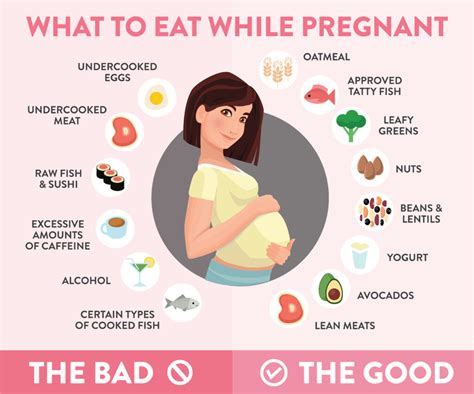Introduction
Pregnancy is a life-changing journey filled with both joy and uncertainty. If you’re wondering if you might be pregnant, there are several signs to look for. In this comprehensive guide, we’ll delve into the 10 most common pregnancy indicators and debunk 10 common myths.

10 Signs of Pregnancy
- Missed Period: One of the first and most obvious signs of pregnancy is a missed period. If you have a regular menstrual cycle, missing a period is a strong indication that you could be pregnant.
- Breast Tenderness: Early in pregnancy, your breasts may become sensitive, tender, or swollen. This is due to hormonal changes that prepare your body for breastfeeding.
- Fatigue: Feeling unusually tired is a common early sign of pregnancy. Your body is working hard to support the growing embryo, which can lead to exhaustion.
- Nausea/Vomiting (Morning Sickness): Morning sickness, which can occur at any time of day, affects up to 80% of pregnant women. It is caused by hormonal changes and can range from mild to severe.
- Frequent Urination: As your uterus grows, it can put pressure on your bladder, causing you to need to urinate more frequently.
- Implantation Bleeding: Some women experience light spotting or bleeding around the time their period is due. This is known as implantation bleeding and occurs when the fertilized egg attaches to the uterus.
- Darkening of Areolas: During pregnancy, the areolas (dark circles around the nipples) become darker and may enlarge.
- Increased Basal Body Temperature: Your basal body temperature (BBT) remains elevated after ovulation if you become pregnant.
- Mood Swings: Pregnancy can cause hormonal fluctuations that can lead to emotional highs and lows.
- Food Cravings or Aversions: Many pregnant women experience changes in their taste buds and develop cravings or aversions for certain foods.
10 Myths About Pregnancy
- You can’t get pregnant if you’re breastfeeding: While breastfeeding can delay your period, it is possible to become pregnant even while nursing.
- You can’t get pregnant if you’re over 40: While fertility declines with age, it is still possible for women over 40 to become pregnant.
- You can’t get pregnant if you’re on birth control: No birth control method is 100% effective.
- You can’t get pregnant if you’ve never had a period: Some women may have irregular or absent periods but still be able to ovulate.
- You’ll always have a “pregnancy glow”: Not all women experience the so-called “pregnancy glow.”
- You’ll always feel sick when you’re pregnant: While morning sickness is common, not all pregnant women experience it.
- You’ll always crave unusual foods: Food cravings can vary from woman to woman.
- You’ll always gain a lot of weight when you’re pregnant: Weight gain during pregnancy varies widely.
- You can’t exercise when you’re pregnant: With your doctor’s approval, regular exercise is safe and beneficial during pregnancy.
- You’ll always have a hard labor: Many women have relatively easy labor and delivery experiences.
Next Steps
If you experience any of the signs listed above and are wondering if you might be pregnant, the best course of action is to take a pregnancy test. Early pregnancy tests can be taken as early as 5 or 6 days after you miss your period.
If the pregnancy test is positive, schedule an appointment with your doctor to confirm your pregnancy and discuss your prenatal care plan.
Tips and Tricks
- Keep a journal to track your symptoms and any changes you notice.
- Consider using a fertility tracker app to predict your fertile days.
- Practice safe sex until you are ready to conceive.
- Maintain a healthy lifestyle, including regular exercise and a balanced diet.
- Consult with your doctor if you have any questions or concerns about your pregnancy.
Conclusion
Determining if you are pregnant can be a daunting task, but by being aware of the common signs and debunking the myths, you can gain a better understanding of your body and its changes. If you suspect you might be pregnant, take a pregnancy test and consult with your doctor to confirm your pregnancy and begin your prenatal care journey.
















